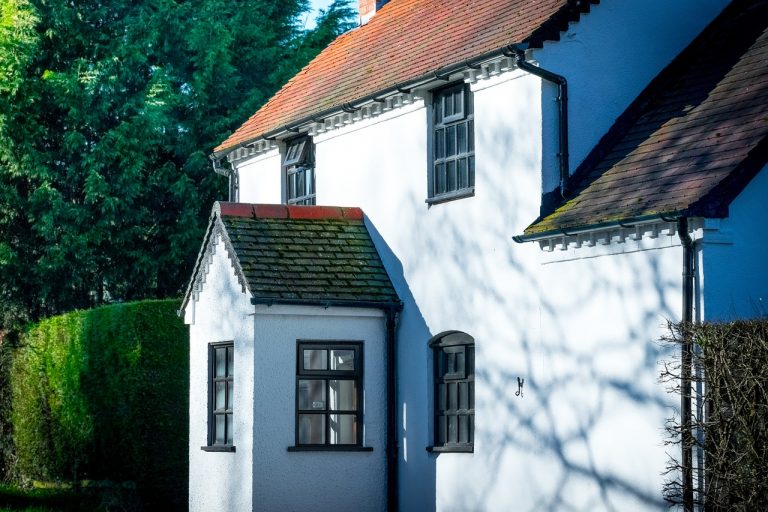


People often ask us how we go about valuing a property for sale.
Naturally, sellers will want to maximise the asking price of what is typically their largest financial asset.
But there are many factors to take into account before arriving at a realistic figure that a buyer will be willing to pay.
Is valuation an art, or a science? The answer is both.
It is an art because you have to make a fine judgement about dozens of subjective property features and characteristics that will appeal to a buyer.
It is a science as there is a lot of available data on property trends and market conditions that can inform the valuation and help guide the setting of the price.
What a ‘comparable’ property has sold for in the same vicinity in recent times can serve as a useful benchmark to understanding.
But it’s just a start. No two homes are ever the same.
For us, valuations are very much down to bringing first-hand experience together with in-depth research.
We believe the expertise of a human being who is a property valuer will remain essential even as computer modelling becomes a growing source of data.
Physical site visits and the application of local knowledge, often built up over many years, will continue to ensure accuracy in the face of ever more automation and digitisation.
Certainly, not all property types lend themselves to ‘automated valuation models’.
Flats of the same size and type in large, multiple buy-to-let housing portfolios might be suitable for computer-led valuations but most properties need a human eye for accurate analysis and assessment.
That’s because of all the nuances around factors such as physical character, location, neighbourhood reputation and proximity to local transport and amenities that stop the property being considered ‘average’ for the purposes of comparing transactions.
Of course, we are ready and willing to embrace the positives of automated data capture but only as another tool in the box, not as a replacement for human input.
When you contact us for a free, no-obligation valuation, our starting point is to visit your home to see it for ourselves and talk through with you what you want to achieve from the sale.
This is the opportunity for you to tell us about all the features that will make your home a compelling proposition for a buyer.
We’ll take down lots of notes, check the number and sizes of bedrooms, reception rooms and utility spaces, what garden access you enjoy and what physical condition the building is in.
Any investments you have made in, for example, a new boiler, central heating system or window replacements will all inform the valuation, especially if they have made the home greener and more energy efficient.
At the same time, we’ll take an in-depth look into sold price data in the neighbourhood and recent trends in the local property market.
Once all this information is gathered, we will weigh it against likely buyer demand and your own thoughts and expectations for the sale.
We’ll then present you with a written report and be available to talk through the next steps with you.
For more information on how best to prepare your home for sale or rent, contact us here at Chinneck Shaw.
Book a face-to-face valuation with one of our local property experts, free without any obligation.